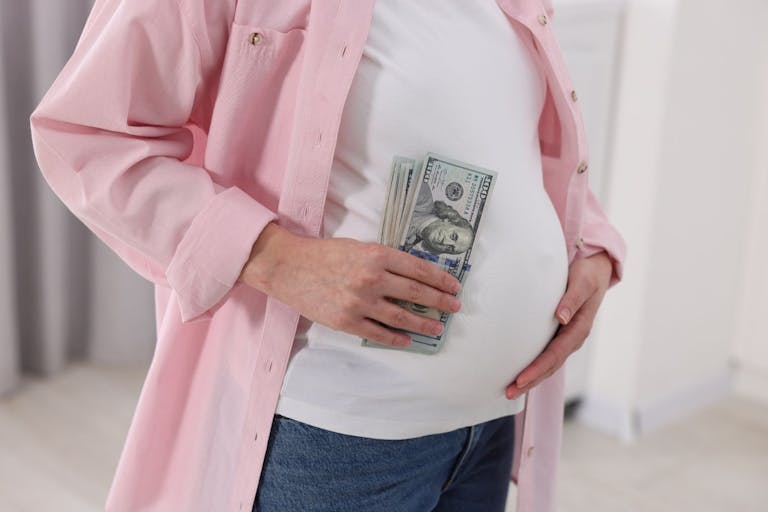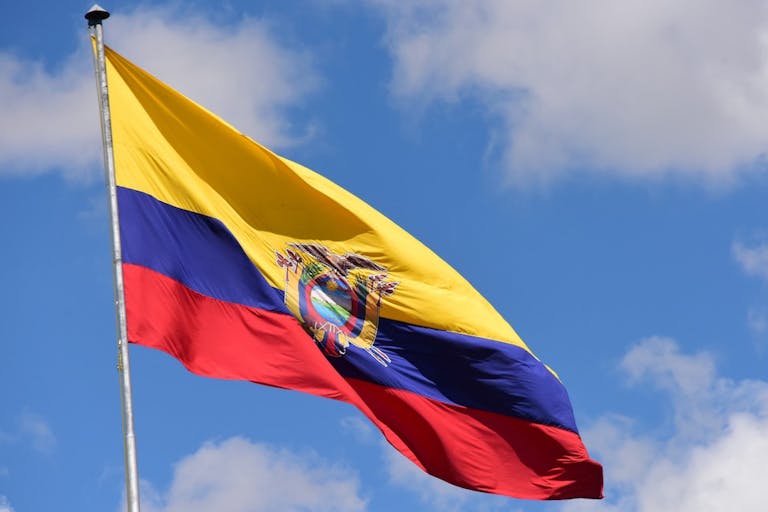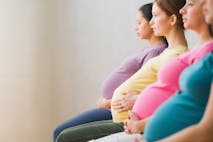
Study claims women who have an early career abortion make more money.
Nancy Flanders
·
International·By Nancy Flanders
Ecuador votes to protect preborn children with disabilities and those conceived in rape
Ecuador’s National Assembly voted on Tuesday against decriminalizing abortion in cases of rape and prenatal diagnoses. The vote to decriminalize fell short by just five of the 70 needed for approval, with 59 voting against, and six abstaining.
According to the BBC, abortion is only legal in Ecuador in the cases of rape, when a mother has a mental disability, or when the mother’s life is in danger. (In reality, abortion — an intentional act of destruction meant to deliberately kill a preborn human being — is not medically necessary to save a mother’s life.) Women who do obtain abortions in the country can face up to two years in jail.
The proposed bill to decriminalize abortion in cases of rape and prenatal diagnosis has been debated since January with conservatives looking to increase penalties for rapists instead of opening up access to abortion. In February, parliamentarian Pedro Curichumbi said that to legalize abortion in instances of rape “would turn [rape] into a sport or a hobby,” Reuters reported.
“The rights that we have need to be respected,” Pamela Enriquez, who was protesting the bill told the BBC. “The love and values of our parents, of our ancestors [need to] be respected, a love for life, a love for the basic respect of life.”

Ecuador is facing a rape crisis, with a quarter of all pregnancies of girls ages 15 to 19 occurring as a result of rape. According to the BBC, 11 women report an incident of rape daily in the nation.
Tens of thousands of Ecuadorians marched in June to protest the bill to decriminalize abortion. They also marched to support marriage, conscience protections, and parental rights.
READ: Mom who conceived in rape: Medical professionals ‘deluged’ me with pressure to abort
Article continues below
Dear Reader,
In 2026, Live Action is heading straight where the battle is fiercest: college campuses.
We have a bold initiative to establish 100 Live Action campus chapters within the next year, and your partnership will make it a success!
Your support today will help train and equip young leaders, bring Live Action’s educational content into academic environments, host on-campus events and debates, and empower students to challenge the pro-abortion status quo with truth and compassion.
Invest in pro-life grassroots outreach and cultural formation with your QUADRUPLED year-end gift!
“[A]bortion cannot be the answer that a civilized society gives to the pain and anguish of women, men and their families,” Archbishop Alfredo José Espinoza Mateus of Quito said in a statement. “Talking about abortion as a solution is a painful irony… abortion cannot be a ‘solution’, it is a drama, a failure of every society.”
He went on to say that “no law that legalizes the death of a defenseless human being can be ethical.”
Abortion doesn’t remove the trauma of rape. Many women pregnant through rape say that their abortions only caused them more trauma because an innocent human being – their own child died – and the abortion itself felt like another violation of their bodies.
However, abortion advocates refuse to see the life of the child as having any value.
“[My rapist] already used and threw away my body, but I wasn’t going to give him the power to hurt the rest of my life,” one rape victim told Reuters on her decision to illegally abort her baby after being raped in Ecuador. Having the abortion would leave her unable to press charges against her rapist because she would have to reveal the illegal abortion. If she had chosen life, her baby would have been proof of the rape, allowing the rapist to be punished — preventing more rapes. Instead, her decision allowed the rapist to potentially hurt other women in the future.
Punishing innocent preborn children for rapes they didn’t commit and allowing rapists to go free is not justice and will not bring healing to any rape victim.
One study found that 73 percent of women pregnant from rape choose life for their babies. 64 percent of them raise their children and 36 percent place their babies for adoption. Two other studies found that 75 percent of rape victims choose life. The main reason women gave for choosing life after rape was that abortion would be a second act of violence in their lives… but this time they would be the perpetrators.
“Like” Live Action News on Facebook for more pro-life news and commentary!
Live Action News is pro-life news and commentary from a pro-life perspective.
Contact editor@liveaction.org for questions, corrections, or if you are seeking permission to reprint any Live Action News content.
Guest Articles: To submit a guest article to Live Action News, email editor@liveaction.org with an attached Word document of 800-1000 words. Please also attach any photos relevant to your submission if applicable. If your submission is accepted for publication, you will be notified within three weeks. Guest articles are not compensated (see our Open License Agreement). Thank you for your interest in Live Action News!

Nancy Flanders
·
International
Cassy Cooke
·
Issues
Angeline Tan
·
International
Angeline Tan
·
Issues
Right to Life UK
·
Issues
Nancy Flanders
·
Issues
Nancy Flanders
·
Politics
Nancy Flanders
·
Issues
Nancy Flanders
·
Media
Nancy Flanders
·
Issues
Nancy Flanders
·